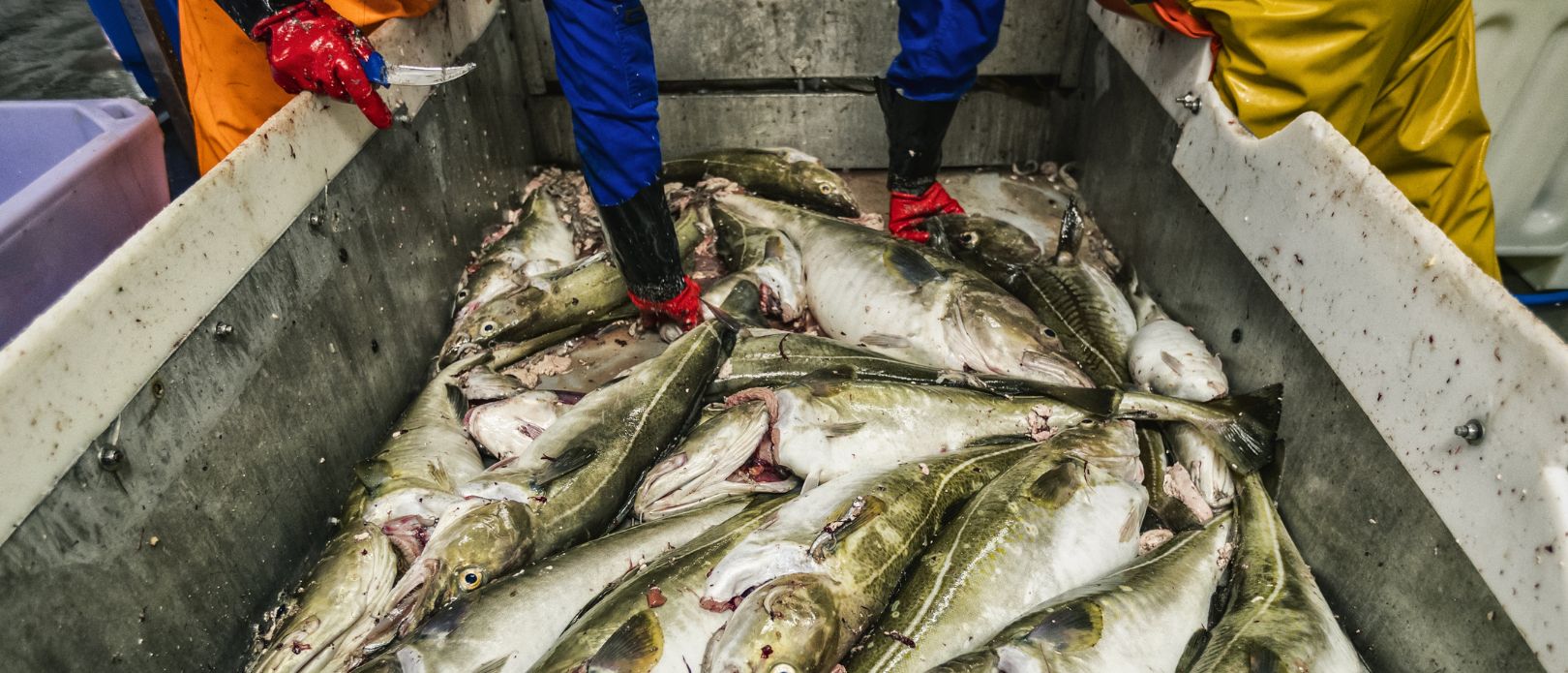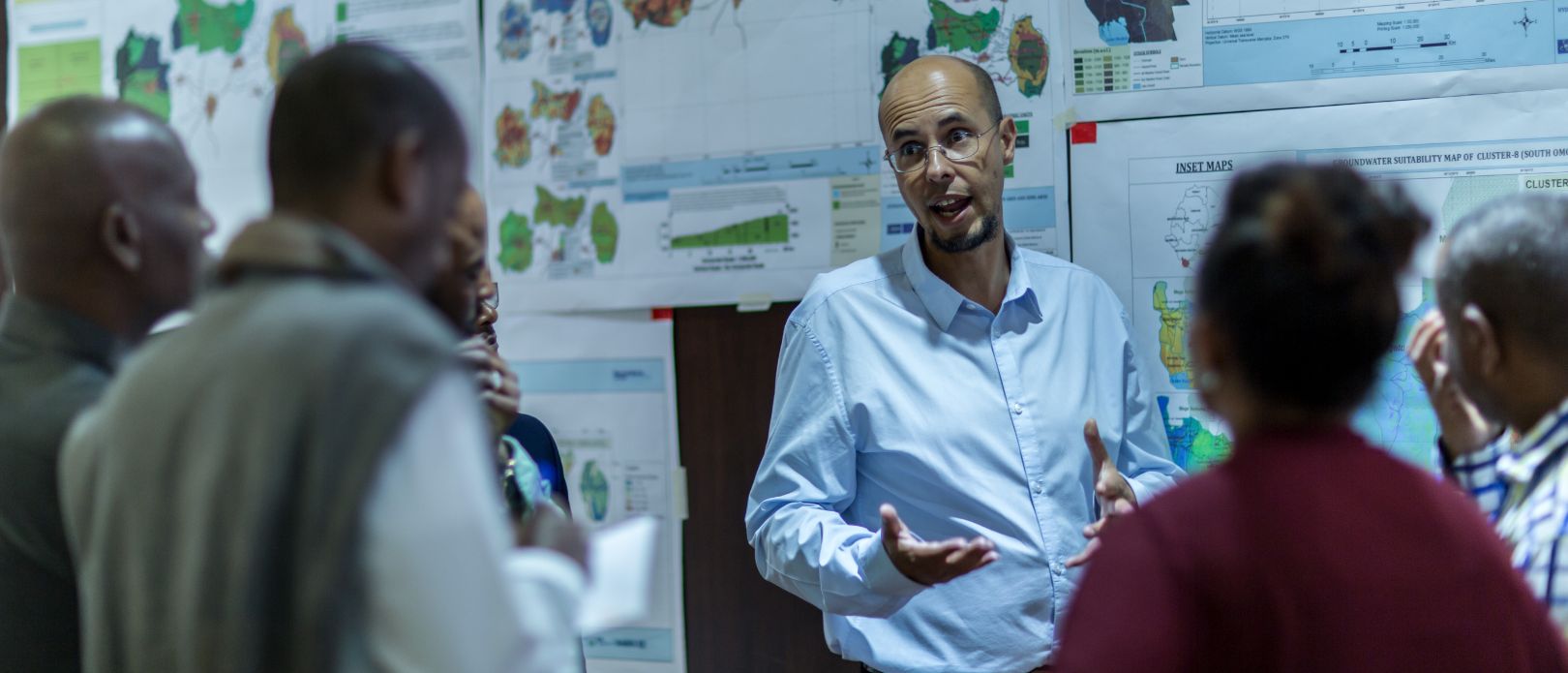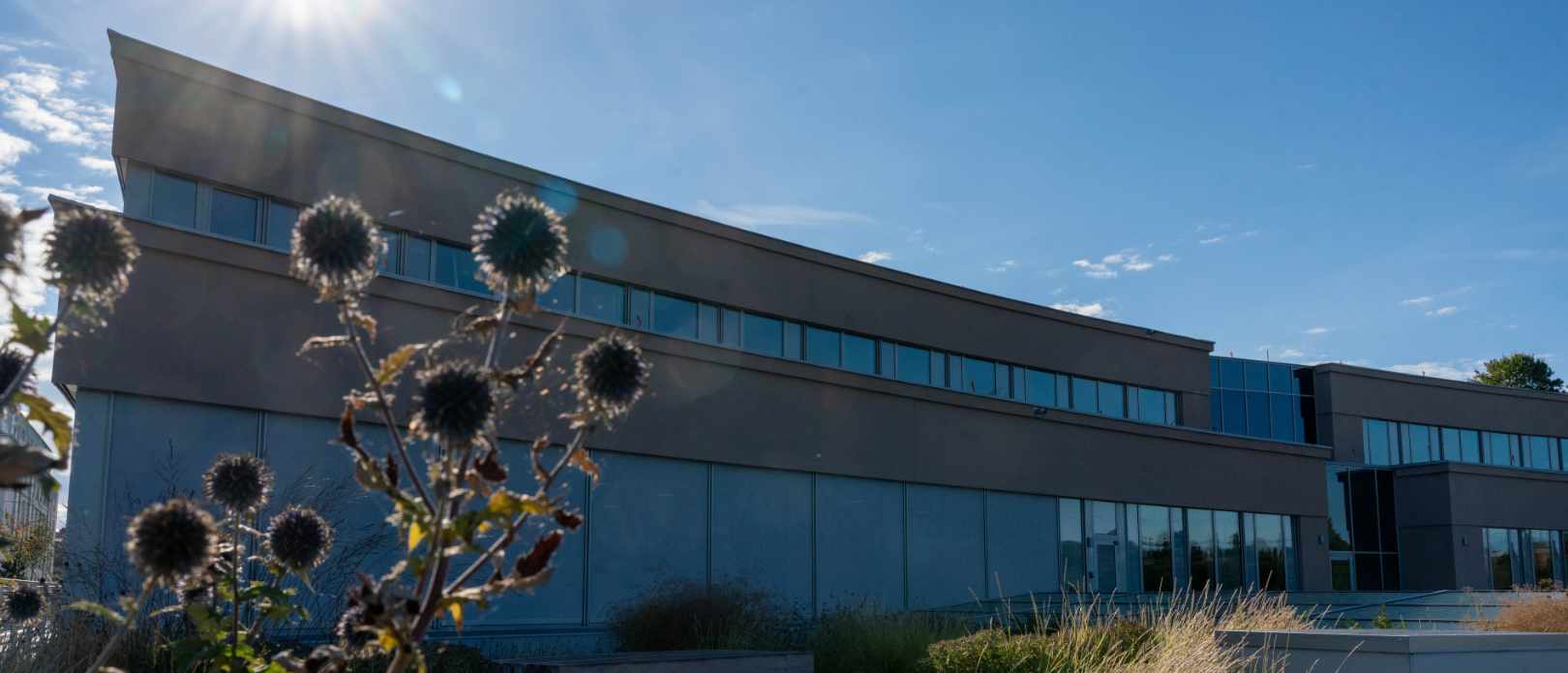- Dynamics and mechanisms of systemic change in Social-Ecological Systems (SES)
- Combining in-depth empirical analysis with social-ecological modelling
- Complex adaptive systems, complex causality
- Conceptual foundations and theory building in SES research
- Interdisciplinarity
Maja Schlüter’s research focuses on developing complexity-aware methodologies and middle-range theories of social-ecological change
Maja Schlüter is a professor in Social-ecological Systems Science, with a focus on the co-evolutionary dynamics of social-ecological systems. Her main research interests are (i) theorizing the social-ecological dynamics that give rise to systemic change in fisheries and agricultural SES, such as regime shifts or governance transformations, (ii) clarifying and working with the diversity of causal reasoning in sustainability science, and (iii) developing methodologies that account for the complexity and social-ecological interdependence that characterize SES. She takes an interdisciplinary, pluralistic, and multi-methods approach, working with conceptualizations of SES as complex adaptive systems and process-relational worldviews. Her multi-methods approach focusses particularly on combining in depth empirical research with agent-based or dynamical systems modelling with the aim to explore or explain emerging social-ecological phenomena.
Her research is inherently collaborative and based in different teams that bring together a diversity of knowledges, expertise and skills. The SES-LINK team is a collaboration of, among others, SES researchers, philosophers, political scientists, political ecologists, computer scientists, ecologists, mathematicians and physicists. The CauSES team is an interdisciplinary research environment to study approaches to causation in the natural and social sciences that brings together SES researchers with philosophers of causation, process-relational philosophers, analytical sociologists, and ecological modellers. SES-LINK builds on an ERC starting and consolidator grant awarded to Schlüter as well as multiple projects awarded to team members. CauSES is funded as an interdisciplinary research environment by the Swedish Research Council (VR).
Schlüter has worked extensively, empirically and theoretically, on the social-ecological dynamics of water management and governance in the Amudarya river Basin in Central Asia, fisheries in the Baltic and in Mexico and agricultural poverty traps as well as natural resource governance transformations. Her conceptual work focuses on clarifying the conceptual foundations of SES research such as the concepts of emergence or intertwinedness and the application of process-relational perspectives to the study of social-ecological transformations. She is particularly interested in bringing insights, theories and methods from the social sciences and humanities into the study of social-ecological interactions. On the methodological side, she works on developing methodologies for analysing the dynamics of social-ecological interactions and advancing empirically grounded social-ecological modelling as tool for exploration and theorizing.
Schlüter has a background in marine ecology and a PhD in Applied System Science from Osnabrück University. Before her PhD she worked for 1.5 years at UNESCO’s regional office in Uzbekistan on a Regional Vision for the Aral Sea Basin. Her experiences in Central Asia have greatly shaped her interests in applying complexity science approaches to understand the interplay of social and ecological dynamics and developing policy-relevant insights into real-world problems. Before coming to SRC in 2012 she has been a visiting researcher at Princeton University (with Prof. Simon Levin) with a EU Marie Curie and a Branco Weiss Fellowship, and held researcher positions at the UFZ Helmholtz Centre for Environmental Research (Department of Ecological Modelling) and the Leibniz Institute for Freshwater Ecology and Inland Fisheries.
Awards and achievements:
- Swedish Research Council (VR) Interdisciplinary Research Environment (2019-2023)
- European Research Council (ERC) consolidator grant MuSES (2017-2023)
- European Research Council (ERC) starting grant SES-LINK (2012-2017)
- Branco- Weiss Society in Science Fellowship (2008-2009)
- EU Marie Curie Outgoing International Fellowship (2006-2007)
- Best Paper Award - Environmental Modeling and Software (2006)
- Robert Bosch Fellowship in International Affairs (1998-1999)
Supervision:
Rodrigo Martinez Pena, PhD candidate





